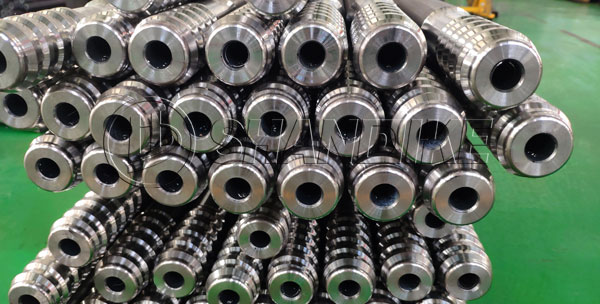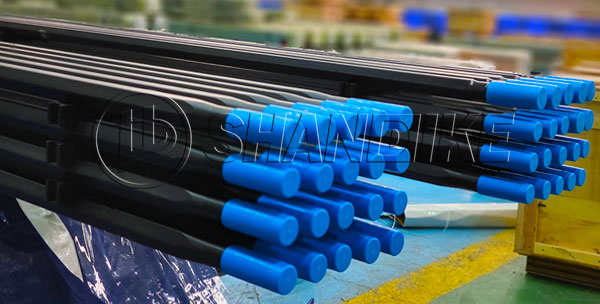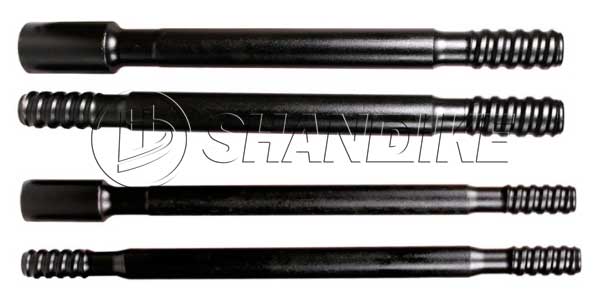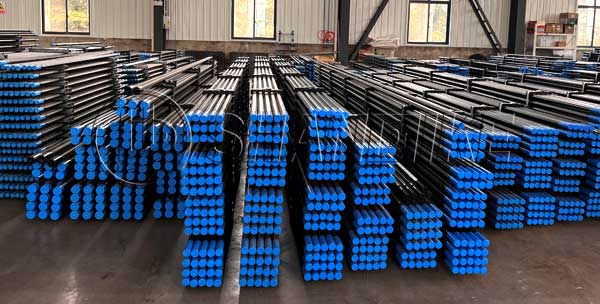Failure Analysis & Corrective Actions for DTH Hammer Components
1. Chuck Ring Bearing Surface Fracture
Root Causes:
Excessive wear of bit chuck rings
Inadequate lubrication system
Degraded guide bushing
Mitigation Measures:
Conduct pre-operation inspections of bit, retaining rings, and guide bushing
Implement proper lubrication protocols using manufacturer-specified hammer oil
Replace aging components through preventive maintenance scheduling
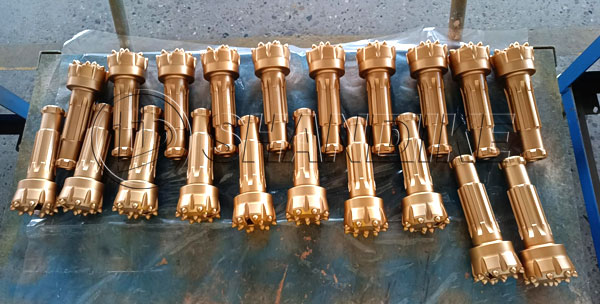
2. Spline Fracture
Root Causes:
Bit head diameter exceeding DTH hammer specifications
Torque overload conditions
Worn driver sub assembly
Mitigation Measures:
Optimize drilling parameters for oversized bit applications
Select DTH hammer size proportional to bit dimensions
Implement torque modulation based on geological formations
Perform scheduled replacement of driver sub components
3. Piston Striking Face Catastrophic Failure
Root Causes:
Guide bushing wear beyond tolerance
Degraded piston/retaining ring/driver sub interface
Mitigation Measures:
Establish mandatory pre-drilling inspection protocol for piston assembly and guide systems
Enforce component replacement at specified service intervals
4. Shoulder Carbide Damage
Root Causes:
Improper feed force application
Mitigation Measures:
Optimize feed force parameters:
Increase force in soft rock formations
Gradually reduce force with added drill pipe weight compensation
Maintain constant carbide-to-rock contact pressure
5. Piston Striking Face Surface Degradation
Root Causes:
Lubrication system insufficiency
Particulate contamination at bit-piston interface
Mitigation Measures:
Maintain optimal lubrication volume and viscosity
Implement strict joint sealing and cleaning procedures for:
Driver sub
Bit retaining rings
Drive splines
Conduct regular check valve functionality tests
6. Foot Valve Failure
Root Causes:
Critical wear of piston/drive splines/driver sub
System misalignment
Lubrication starvation

Mitigation Measures:
Perform alignment verification using laser-guided tools,Adopt concave-faced bit designs for improved stability,Establish component wear monitoring program,Maintain lubrication system audits.
